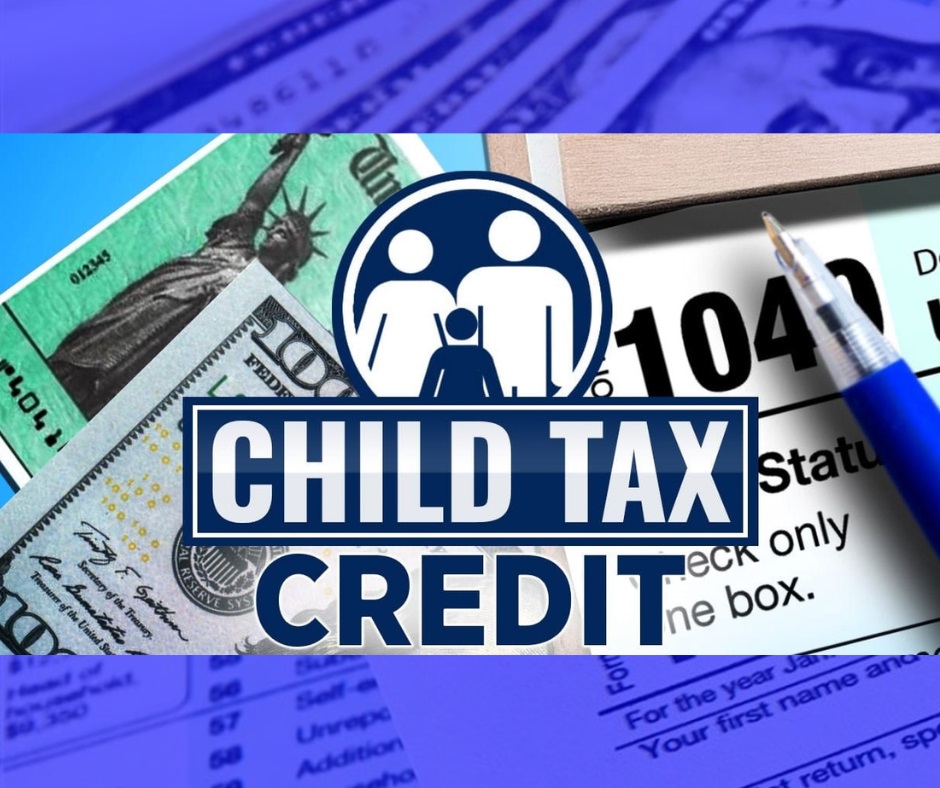
On January 31st, the House achieved a noteworthy feat by passing a substantial $79 billion tax cut package with widespread, bipartisan support. This package is set to bolster the child tax credit for millions of lower-income families and provide three tax breaks for businesses, garnering coveted policy wins from both sides of the political spectrum. While the fate of this measure becoming law remains uncertain pending Senate consideration, its passage by a resounding vote of 357-70 marks a rare breakthrough for a House that has faced challenges pushing consequential bills across the finish line.
The child tax credit (CTC), a vital nonrefundable tax credit designed to alleviate the tax burden on taxpayers with dependent children under 17, takes center stage in this legislative development. The House Ways and Means Committee’s overwhelming approval of the Tax Relief for American Families and Workers Act of 2024 on January 19, 2024, with a decisive 40-3 vote, sets the stage for a comprehensive approach. This bill not only enhances the child tax credit but also defers the requirement for deducting research and experimentation expenditures, extends 100-percent bonus depreciation until 2025, and increases the Code Sec. 179 deduction limitation. Moreover, it incorporates other business-friendly measures, such as extending tax treaty-like benefits to Taiwan and offering additional disaster-related tax relief.
Qualifying for the CTC involves meeting specific eligibility criteria related to the child’s age and their relationship to the claiming individual, with income thresholds determining the phase-out for higher earners. The claiming process for the tax year 2023 requires filing the federal tax return (Form 1040 or 1040-SR) by April 15, 2024, or by October 2024 with a tax extension. Completing Schedule 8812 (“Credits for Qualifying Children and Other Dependents”) is also necessary to ascertain the CTC amount and potential partial refund.
Looking ahead to 2024, the proposed bill seeks to expand the child tax credit. Currently set at $2,000 per child with a refundable portion of up to $1,600, the suggested changes involve a per-child basis calculation based on earned income exceeding $2,500. This modification is projected to apply to the 2023, 2024, and 2025 tax years. Additionally, the maximum refundable credit amount is expected to increase to $1,800 for 2023, $1,900 for 2024, and $2,000 for 2025. The overall child tax credit maximum will also undergo adjustments for inflation in 2024 and 2025.

